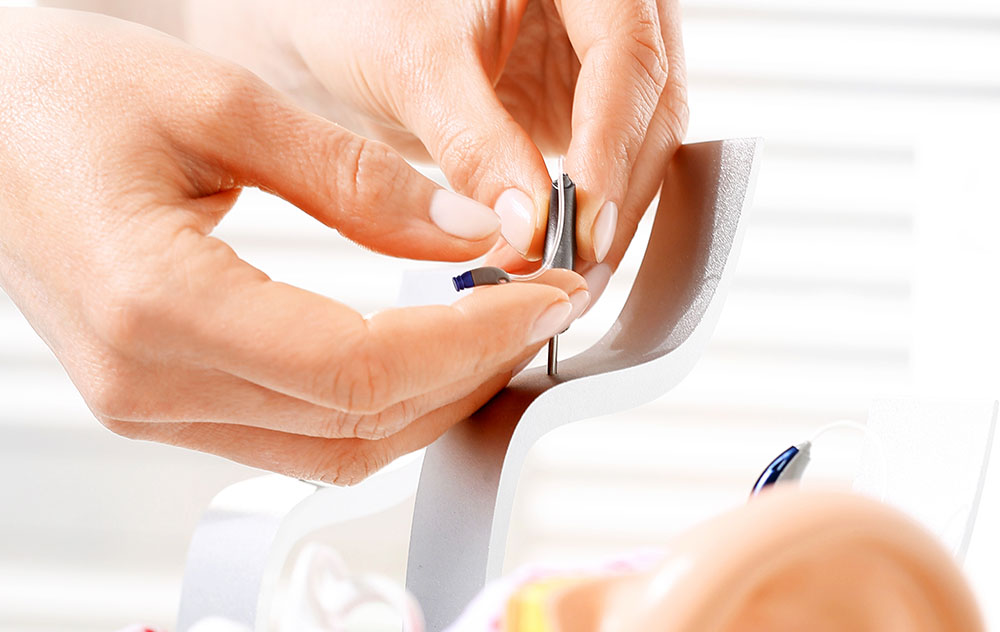The Role of Hearing Aids in Enhancing Music Enjoyment
Music plays different roles in people’s lives; it motivates you


Music plays different roles in people’s lives; it motivates you

When you think about hearing loss, you might first think about missing

Telehealth has become an invaluable resource in hearing care, providing a